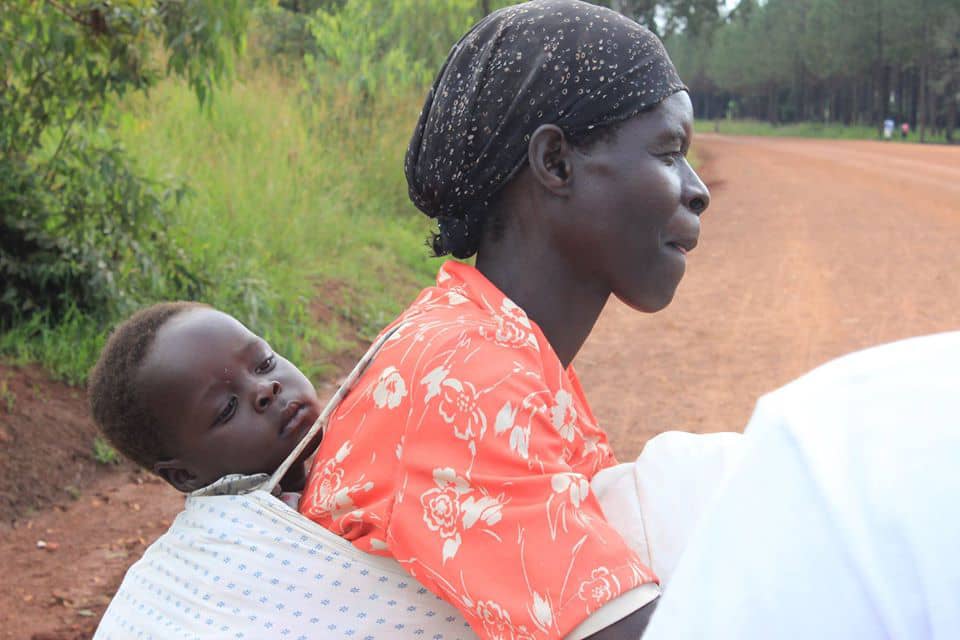By Favour Maombi Vera
A new study by a Uganda Christian University (UCU) graduate has shed light on the growing struggles faced by single-parent households in Seeta Parish, Mukono District, and how these challenges are shaping children’s wellbeing.
Conducted by Tugumenawe Deborah, a Bachelor of Social Work and Social Administration graduate, the July 2022 study titled “Single Parenting and Welfare of Children in Seeta Parish” found that single parents are increasingly stretched as both breadwinners and caretakers, often with minimal support from relatives or the community.
According to the research, many single parents are unable to consistently provide basic necessities such as food, school fees, clothing and healthcare. One mother interviewed explained, “When my husband left, I had to become both mother and father. I sell vegetables in the market, but the money is never enough. My children sometimes go to school without lunch.”
The study highlights emotional stress as a constant struggle for these parents, who must balance work, household responsibilities and childcare alone. Children in such families often suffer from low self-esteem and social isolation. A parent told Tugumenawe that her son avoids playing with other children, saying they ridicule him for not having a father.
The research also identifies different causes of single parenting in Seeta Parish. Divorce was the leading cause at 33%, followed by death of a spouse (27%), separation (23%) and migration (17%). “My husband went to South Sudan for work. It has been three years. He sends money sometimes, but I am the one raising the children,” one respondent shared.
Education emerged as one of the most affected areas. Teachers in Seeta Parish reported high dropout rates among children from single-parent families, mainly due to lack of fees and scholastic materials. Some children also battle stigma at school. “I don’t like going to school… I feel alone,” one child told the researcher.
Health challenges were also noted. Many children from single-parent homes suffer inadequate nutrition, with some families managing only one meal a day. Poor diets have led to frequent illnesses and weakened immunity. According to a community officer, boys from such households are increasingly engaging in risky behaviours such as drinking and smoking, while girls face higher chances of early pregnancy.
Respondents recommended several interventions, including community sensitisation to reduce stigma, increased counselling to prevent family breakdown, and support from NGOs and government. “If couples had counselling, maybe they would not separate so easily. Families need guidance,” one participant said. Others urged government to assist single mothers with school fees.
Tugumenawe’s research goes beyond documenting statistics; it paints a vivid picture of the social and emotional struggles faced by single-parent families. The findings highlight the broader implications for Uganda—ranging from weakened education outcomes to future economic strain and reduced social cohesion.
While the study focuses on Seeta Parish, its lessons echo across many communities grappling with similar realities. It calls for collective responsibility in safeguarding children’s welfare, reminding society that although family structures may change, children’s needs remain constant.


